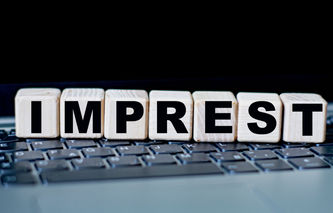Definition
The term cash over and short refers to an expense account that is used to report overages and shortages to an imprest account such as petty cash. The cash over and short account is used to record the difference between the expected cash balance and the actual cash balance in the imprest account.
Explanation
The cash over and short account is used when an imprest account, such as petty cash, fails to prove out. The account is typically left open until the end of a company's fiscal year, when it is then closed and reported as a miscellaneous expense on the income statement.
With an imprest account, such as petty cash, the account custodian is responsible for ensuring the total of all receipts plus the cash on hand is equal to the imprest account's balance. If the account does not prove out, the following journal entries would be made:
If the petty cash fund is short, the shortage is debited to cash over and short
If the petty cash fund is over, the overage is credited to cash over and short
This account also provides companies with the ability to monitor the handling of cash, since it can apply to tellering operations too.
Example
Company A's petty cash account has an imprest balance of $2,000. At month's end, the custodian would like to replenish funds in the account. The receipts received from employees total $1,550, and the fund has a cash balance of $440. Since the custodian needs to return petty cash to its imprest balance of $2,000, an additional $1,560 in cash is required ($2,000 - $440, or $1,560). Since petty cash is under by $10, the following journal entries are required:
Debit | Credit | |
Cash | $1,560 | |
Misc. Business Expense | $1,550 | |
Cash Over and Short | $10 |




.png)

